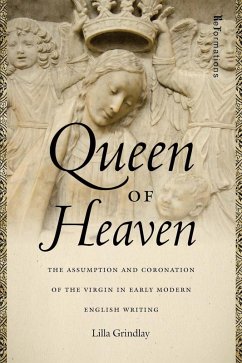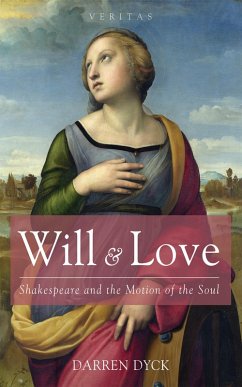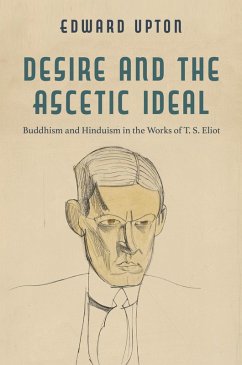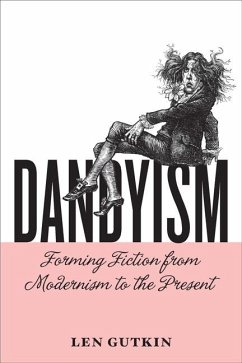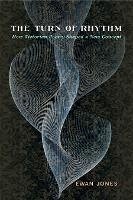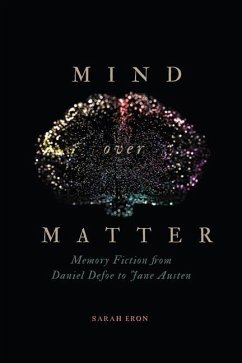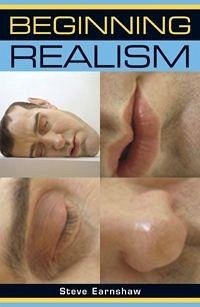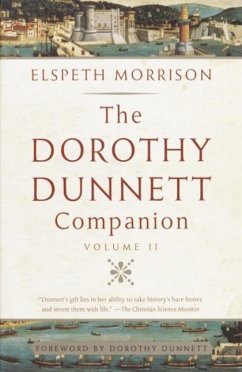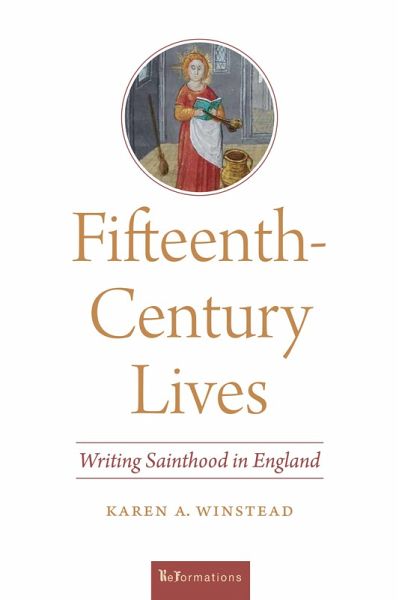
Fifteenth-Century Lives (eBook, ePUB)
Writing Sainthood in England
Versandkostenfrei!
Sofort per Download lieferbar
26,95 €
inkl. MwSt.
Weitere Ausgaben:

PAYBACK Punkte
13 °P sammeln!
In Fifteenth-Century Lives, Karen A. Winstead identifies and explores a major shift in the writing of Middle English saints' lives. As she demonstrates, starting in the 1410s and '20s, hagiography became more character-oriented, more morally complex, more deeply embedded in history, and more politically and socially engaged. Further, it became more self-consciously literary and began to feature women more prominently-and not only traditional virgin martyrs but also matrons and contemporary holy women. Winstead shows that this literature placed a premium on scholarship and teaching. Hagiography...
In Fifteenth-Century Lives, Karen A. Winstead identifies and explores a major shift in the writing of Middle English saints' lives. As she demonstrates, starting in the 1410s and '20s, hagiography became more character-oriented, more morally complex, more deeply embedded in history, and more politically and socially engaged. Further, it became more self-consciously literary and began to feature women more prominently-and not only traditional virgin martyrs but also matrons and contemporary holy women. Winstead shows that this literature placed a premium on scholarship and teaching. Hagiography celebrated educators and scholars to a greater extent than ever before and became a vehicle for educating readers about Christian dogma. Focusing both on authors well known, such as John Lydgate and Margery Kempe, and on others less known, such as Osbern Bokenham and John Capgrave, Winstead argues that the values promoted by fifteenth-century hagiography helped to shape the reformist impulses that eventually produced the Reformation. Moreover, these values continued to influence post-Reformation hagiography, both Protestant and Catholic, well into the seventeenth century.
In exploring these trends in fifteenth-century hagiography, identifying the factors that contributed to their emergence, and tracing their influence in later periods, Fifteenth-Century Lives marks an important contribution to revisionary scholarship on fifteenth-century literature. It will appeal to students and scholars of late medieval English literature and late medieval religion.
In exploring these trends in fifteenth-century hagiography, identifying the factors that contributed to their emergence, and tracing their influence in later periods, Fifteenth-Century Lives marks an important contribution to revisionary scholarship on fifteenth-century literature. It will appeal to students and scholars of late medieval English literature and late medieval religion.
Dieser Download kann aus rechtlichen Gründen nur mit Rechnungsadresse in A, D ausgeliefert werden.





